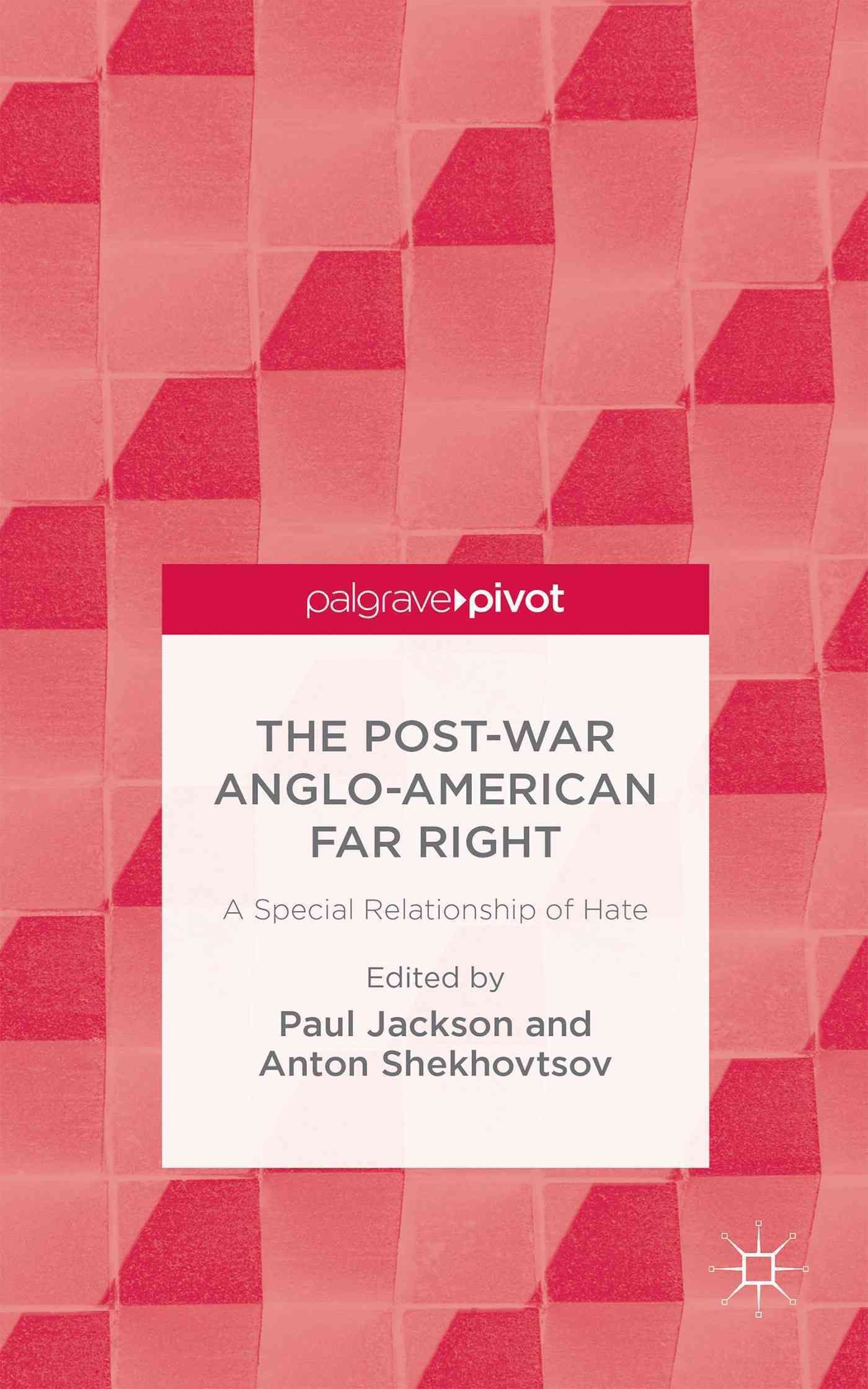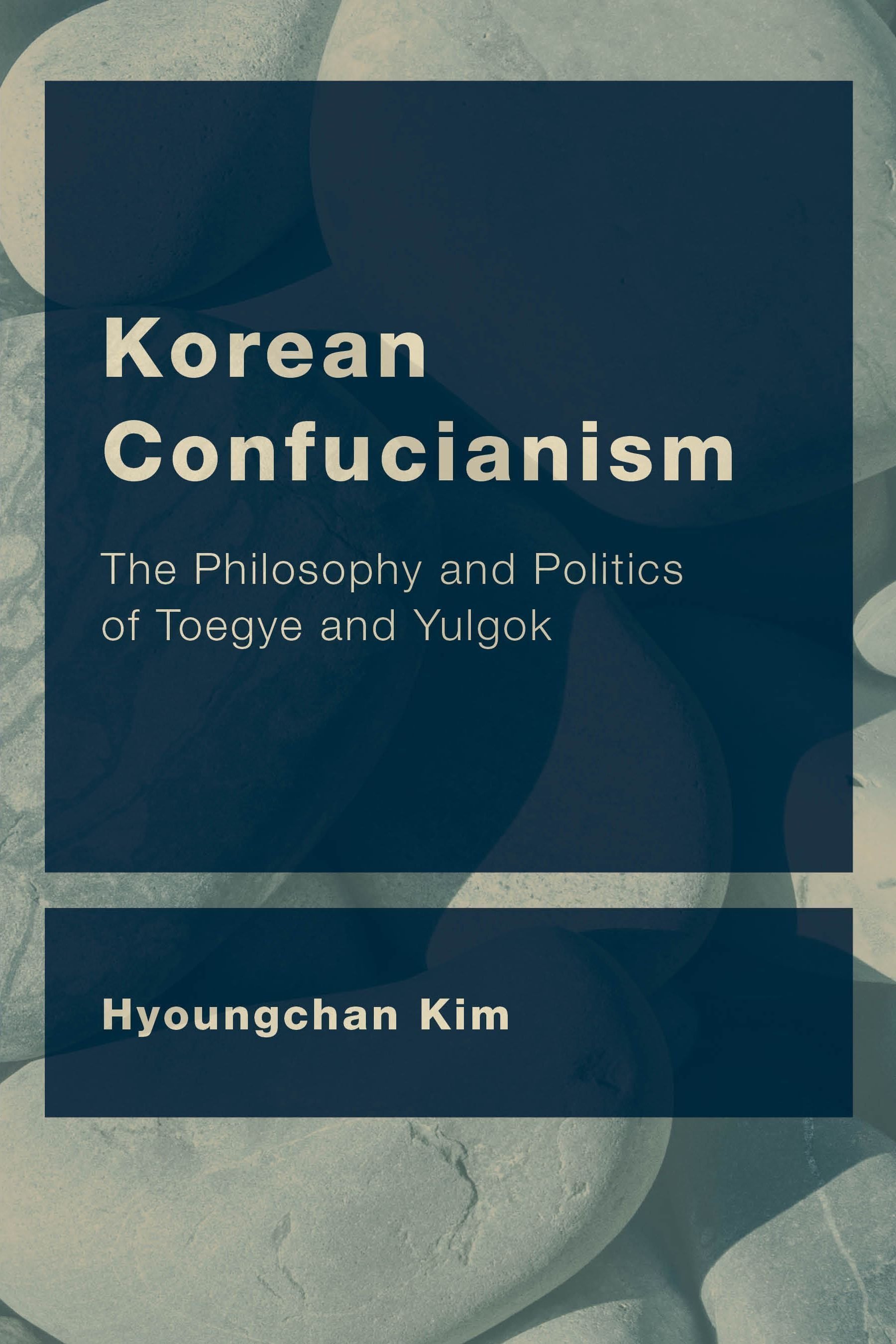Following the marginalization of extreme right wing cultures after the Second World War, activists have sought new ways to develop communities of extremism. In part building on transnational elements of extreme right activity before 1945, post-war far right extremists have reconfigured their culture in a variety of ways. The essays in this volume examine how a process of ‘accumulative extremism’ has developed over time between primarily British and American activists, leading to a new ’tradition’ of farright activity that has impacted more widely on the global extreme right scene too. Essays from leading experts cover a wide variety of themes, which include: the roles played by high profile intellectuals and activists, from the modernist poet Ezra Pound to the extreme neo-Nazi figure Colin Jordan; the impact of the Ku Klux Klan in Europe; the role of Enoch Powell in America; the influence of the American discourse of ‘Cultural Marxism’ on Anders Breivik and European Islamophobia; the international networks developed by the National Socialist Underground; and analysis of the Tea Party movement. Concluding the book is a short essay pointing the way to future research in the field of transnational fascism studies–












